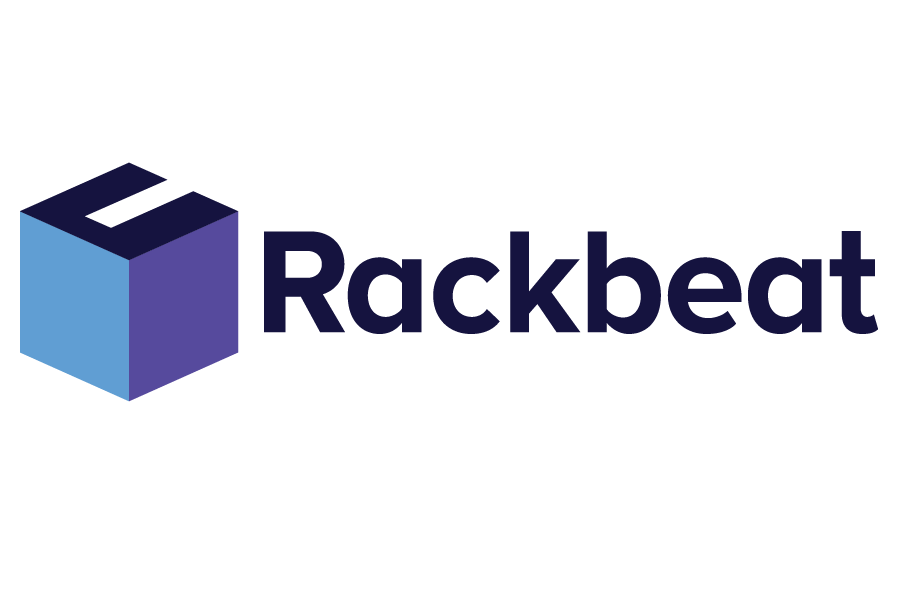Shared Economy in Logistics
The shared economy in logistics refers to a business model where companies or individuals share logistics resources—such as warehouse space, transportation vehicles, and distribution networks—instead of owning and operating them independently. The goal is to better utilize capacity, reduce costs, and promote sustainability through collaboration and technology.
Rackbeat June 20, 2025
How Does the Shared Economy Work in Logistics?
Imagine running a webshop that only needs warehouse space in a specific region during the Christmas season. Instead of investing in a completely new warehouse or logistics infrastructure, you can—through a platform or partnership agreement—share warehouse space with another company that has excess capacity. The same applies to transportation: only half-full trucks? Share the route and the costs with another supplier.
This system typically runs through digital platforms that match supply and demand for logistics resources—similar to how Airbnb or GoMore operate, but tailored to logistics.
Which Types of Businesses Use the Shared Economy in Logistics?
The shared economy is particularly attractive to companies that experience fluctuating demand, have limited logistics resources, or operate with many small shipments. This includes:
1. Webshops and e-commerce businesses
They need flexible inventory management and transportation, especially during high-demand seasons like Black Friday or Christmas.
2. Startups and SMEs
They want to minimize fixed costs and gain access to professional logistics solutions without investing in their own infrastructure.
3. Retailers
They can optimize their supply chains by sharing warehouse space located closer to the end customer.
4. Manufacturers of niche products
They aim to position smaller batches closer to their markets through a shared warehouse solution.
Many of these companies rely on WMS (Warehouse Management System) solutions like Rackbeat to maintain full visibility of stock levels, inventory, order management and purchasing management—even when the warehouse is shared or operated by a third party.
Benefits of the Shared Economy in Logistics
1. Cost Savings
You only pay for the capacity you actually use. That means lower fixed costs and more flexibility—especially for smaller companies.
2. Scalability and Flexibility
Busy during peak season? Easily scale up. Experiencing a slowdown? Scale back—without being locked into expensive leases or contracts.
3. Sustainability
By better utilizing existing resources, waste is reduced—be it warehouse space, fuel, or CO₂ emissions. It benefits both the bottom line and the environment.
4. Accessibility
Businesses gain access to logistics facilities that would otherwise be out of reach—geographically or financially.
Stay Updated on Warehouse Management and Logistics
Curious about how the shared economy can improve your logistics? Or simply want to learn more about warehouse management, WMS, order handling, and purchase planning?
Then sign up for Rackbeat’s monthly newsletter! We share insights, trends, and actionable tips to help you optimize your logistics and make your business more agile and efficient. It’s free, no strings attached—and written in a way that’s easy to understand.
Sign up here and get expert knowledge delivered straight to your inbox:


